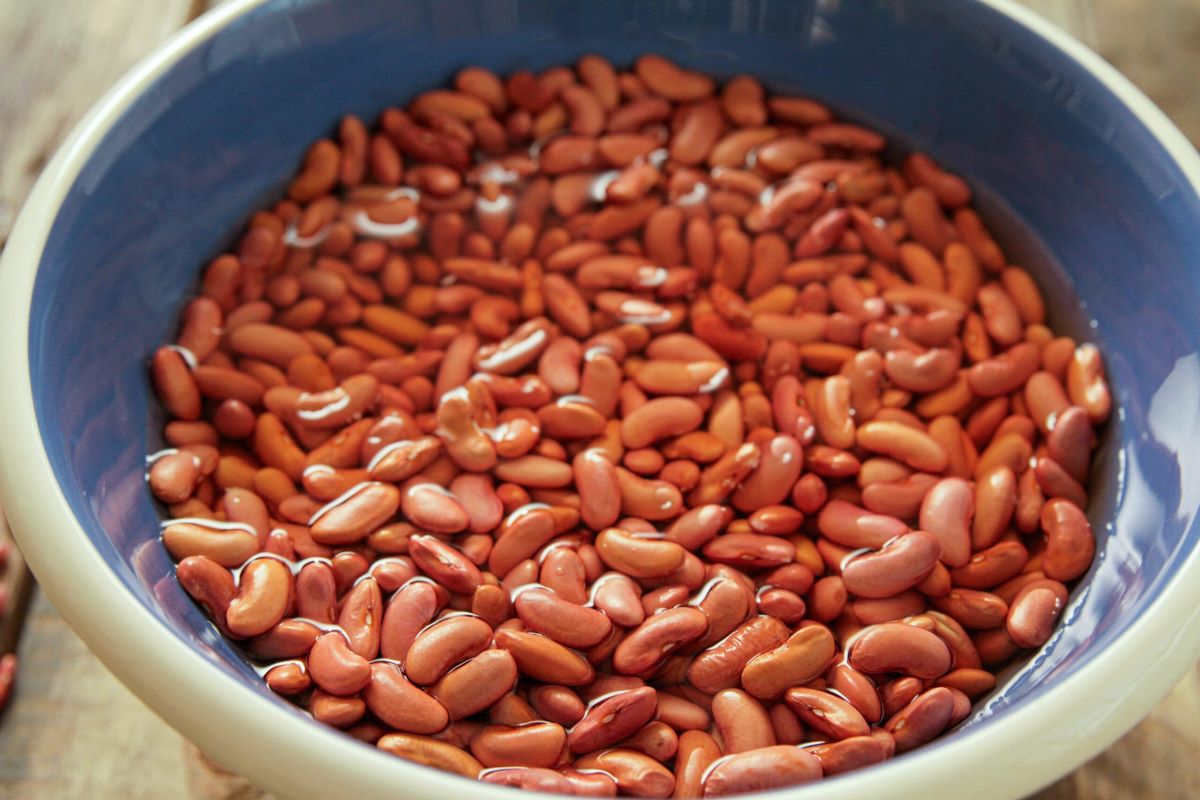

Articles
How To Store Beans In Fridge For Long Time
Modified: January 18, 2024
Learn the best methods for storing beans in the fridge to keep them fresh and extend their shelf life. Discover tips and tricks in this informative article.
(Many of the links in this article redirect to a specific reviewed product. Your purchase of these products through affiliate links helps to generate commission for Storables.com, at no extra cost. Learn more)
Introduction
When it comes to keeping your beans fresh, storing them properly is crucial. Whether you have cooked beans that you want to store or you just bought a big bag of uncooked beans and need to keep them fresh, the fridge can be your best friend. By storing beans in the fridge, you can extend their shelf life and ensure they are always ready to use in your favorite dishes.
In this article, we will explore the importance of storing beans in the fridge, the right containers to use, the preparation steps to take, and tips for maximizing bean freshness.
So, let’s dive in and discover how to store beans in the fridge for a long time.
Key Takeaways:
- Keep your beans fresh and ready to use by storing them in the fridge. Proper containers, preparation, and refrigeration help maintain flavor, nutrition, and convenience for your favorite bean dishes.
- Maximize bean freshness with tips like inspecting before storage, avoiding cross-contamination, and considering freezing for longer-term storage. Enjoy delicious and nutritious beans at your fingertips.
Read more: How To Store Lemon In Fridge For Long Time
Why store beans in the fridge?
Storing beans in the fridge provides several benefits that help maintain their freshness and quality.
- Prolongs shelf life: Beans are susceptible to moisture, heat, and exposure to air, which can lead to spoilage and the growth of bacteria. By storing beans in the fridge, you create a cool and controlled environment that slows down the spoilage process and extends their shelf life.
- Preserves flavor: Beans contain oils that can turn rancid over time, resulting in a stale and unpleasant taste. Refrigerating beans helps to preserve their natural flavors and prevents them from developing off-flavors due to oxidation.
- Retains nutritional value: Beans are a nutritious source of fiber, protein, and minerals. Storing them in the fridge helps retain their nutritional value for longer periods, ensuring you get the maximum benefits from consuming them.
- Convenient and ready-to-use: Having cooked or pre-soaked beans readily available in the fridge makes meal preparation more convenient. You can quickly incorporate them into various recipes, saving time in the kitchen.
By understanding the importance of storing beans in the fridge, you can ensure that your beans stay fresh, flavorful, and safe to consume for an extended period.
Choosing the right containers
When it comes to storing beans in the fridge, choosing the right containers is essential to maintain their quality and prevent cross-contamination.
Here are some factors to consider when selecting containers for storing beans:
- Airtightness: Opt for containers that have airtight seals to prevent air from entering and moisture from escaping. This helps to keep the beans fresh and protect them from absorbing any unwanted odors from other foods in the fridge.
- Size: Choose containers that accommodate the amount of beans you plan to store. It’s ideal to store beans in smaller portions to minimize exposure to air every time you open the container.
- Material: Consider using glass or food-grade plastic containers for storing beans. These materials are non-reactive and won’t transfer any flavors or chemicals to the beans.
- Transparent: Opt for transparent or semi-transparent containers, allowing you to see the beans without opening the container. This way, you can easily assess their freshness and quantity.
Additionally, you can also use resealable plastic bags for storing smaller quantities of beans. Make sure to remove as much air as possible before sealing the bags, or consider using a vacuum sealer for airtight packaging.
By selecting the appropriate containers, you can ensure that your beans remain fresh, uncontaminated, and organized in the fridge.
Preparing the beans for storage
Before you store your beans in the fridge, it’s essential to prepare them properly to maintain their quality and prevent spoilage. Here are the steps to follow:
- Cooked beans: If you have cooked beans that you want to store, let them cool completely before transferring them into a storage container. It’s crucial to remove any excess moisture, as it can promote bacterial growth and cause the beans to spoil quickly.
- Uncooked beans: If you have purchased a bag of uncooked beans, inspect them for any debris or damaged beans. Remove any foreign objects, rinse the beans thoroughly under cold water, and drain them well.
- Soaking: Depending on the type of beans, you may need to soak them before cooking. Follow the instructions on the packaging or use traditional soaking methods to prepare the beans for storage.
- Portioning: Divide the beans into smaller portions based on your usage. This will make it easier to thaw or use the beans without having to defrost the entire batch.
- Labeling: To avoid confusion, label the containers with the type and date of beans. This will help you keep track of their freshness and usage.
Remember to handle the beans with clean hands or utensils to prevent any contamination.
By properly preparing the beans for storage, you can ensure their longevity and maintain their quality for extended periods in the fridge.
Store beans in an airtight container or resealable bag in the fridge to keep them fresh for a longer time. Make sure to remove any excess air to prevent moisture and mold growth.
Storing cooked beans in the fridge
If you have cooked beans that you want to store in the fridge, follow these steps to ensure their freshness and safety:
- Cooling: Allow the cooked beans to cool down completely before transferring them to the storage container. Placing hot beans in the fridge can raise the temperature inside, increasing the risk of bacterial growth.
- Choose the right container: Select an airtight container that is suitable for storing cooked beans. Make sure the container is clean and dry before adding the beans.
- Portioning: Divide the cooked beans into smaller portions based on your needs. This way, you can thaw only what you need without defrosting the entire batch.
- Sealing: Seal the container tightly to prevent air and moisture from entering. This will help preserve the freshness and flavor of the beans.
- Labeling: It’s important to label the container with the type and date of the cooked beans. This helps you keep track of their freshness and ensures you use them within a safe timeframe.
- Refrigeration: Place the sealed container of cooked beans in the refrigerator as soon as possible. Ideally, store them on the middle shelf where the temperature is the most consistent.
Remember that cooked beans can stay fresh in the fridge for up to 3-4 days. If you need to store them for longer periods, consider freezing them for better preservation.
By following these steps, you can store cooked beans in the fridge and have them readily available for your next meal or recipe.
Storing uncooked beans in the fridge
If you have a bag of uncooked beans that you want to store in the fridge, here’s what you need to do to maintain their freshness:
- Rinsing: Before storing uncooked beans, it’s important to rinse them thoroughly under cold water to remove any dirt or impurities.
- Drying: After rinsing, drain the beans well and pat them dry with a clean kitchen towel or paper towels. Excess moisture can promote spoilage, so it’s crucial to eliminate as much moisture as possible.
- Choosing the right container: Select an airtight container that can accommodate the amount of uncooked beans you plan to store. Ensure the container is clean and dry before adding the beans.
- Portioning: Divide the uncooked beans into smaller portions if needed. This allows you to thaw only what you need without defrosting the whole batch.
- Sealing: Seal the container tightly to prevent air and moisture from entering. This will help maintain the freshness and quality of the uncooked beans.
- Labeling: Label the container with the type and date of the uncooked beans. This will help you keep track of their freshness and ensure they are used within a reasonable timeframe.
- Refrigeration: Place the sealed container of uncooked beans in the refrigerator. Store them on a shelf where the temperature is consistent, such as the middle shelf.
It’s important to note that uncooked beans can stay fresh in the fridge for up to 1 year. However, over time, they may become tougher and take longer to cook.
By following these steps, you can store uncooked beans in the fridge and keep them fresh, ready to be cooked whenever you need them.
Tips for maximizing bean freshness
To ensure your beans stay fresh and flavorful for as long as possible, consider implementing the following tips:
- Store in a cool and dry place: Before transferring beans to the fridge, store them in a cool and dry pantry or cupboard. Exposure to heat and humidity can accelerate spoilage, so it’s important to keep them in a suitable environment.
- Inspect before storage: Always check the beans for any signs of mold, insects, or damage before storing them. Discard any beans that appear discolored or have an off smell.
- Don’t wash uncooked beans: Avoid washing uncooked beans before storing them, as moisture can lead to spoilage. Rinse them just before cooking.
- Rotate your stock: If you frequently buy beans, use the “first in, first out” principle to ensure you use the oldest beans first. This helps prevent beans from sitting in storage for too long and losing their freshness.
- Avoid cross-contamination: Store beans away from strong-smelling foods, as they can absorb odors easily. Keep them in airtight containers to prevent any unwanted flavors from seeping in.
- Freeze for longer-term storage: If you want to store beans for an extended period, consider freezing them. Cooked beans can be frozen in portioned containers or freezer bags. Uncooked beans can be soaked, blanched, and then frozen to maintain their texture and freshness.
By following these tips, you can maximize the freshness and quality of your stored beans, ensuring they are always ready for use in your favorite dishes.
Conclusion
Storing beans in the fridge is a simple yet effective way to prolong their shelf life and maintain their freshness. By following the proper storage methods, you can ensure that your cooked and uncooked beans are always ready to use in your culinary creations.
Choosing the right containers, properly preparing the beans, and storing them in the fridge can help prevent spoilage, preserve flavor, and retain their nutritional value. Whether you have cooked beans or a bag of uncooked beans, following the correct steps for storage will ensure their longevity and quality.
Additionally, by implementing tips such as storing in a cool and dry place, inspecting beans before storage, and avoiding cross-contamination, you can maximize the freshness of your stored beans.
Remember, cooked beans can be stored in the fridge for a few days, while uncooked beans can last up to a year. If you need to store them for longer periods, freezing is a great option to maintain their quality.
So, the next time you have leftover cooked beans or want to stock up on uncooked beans, put your knowledge of storing beans in the fridge to use. By doing so, you can enjoy fresh, flavorful beans in your meals without the worry of spoilage or losing their nutritional value.
Start practicing proper bean storage in the fridge today, and reap the benefits of having delicious and nutritious beans at your fingertips whenever you need them.
Frequently Asked Questions about How To Store Beans In Fridge For Long Time
Was this page helpful?
At Storables.com, we guarantee accurate and reliable information. Our content, validated by Expert Board Contributors, is crafted following stringent Editorial Policies. We're committed to providing you with well-researched, expert-backed insights for all your informational needs.

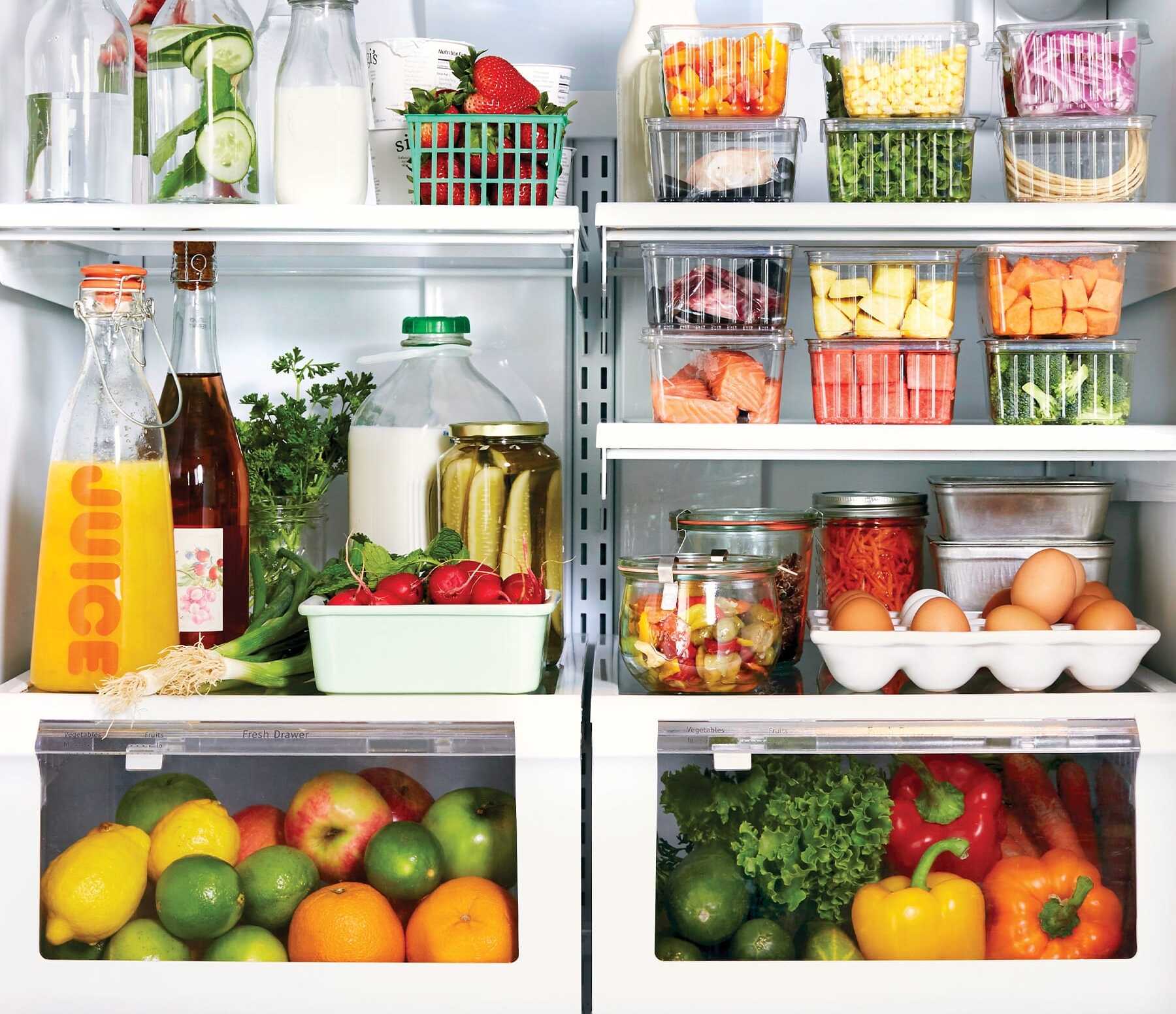
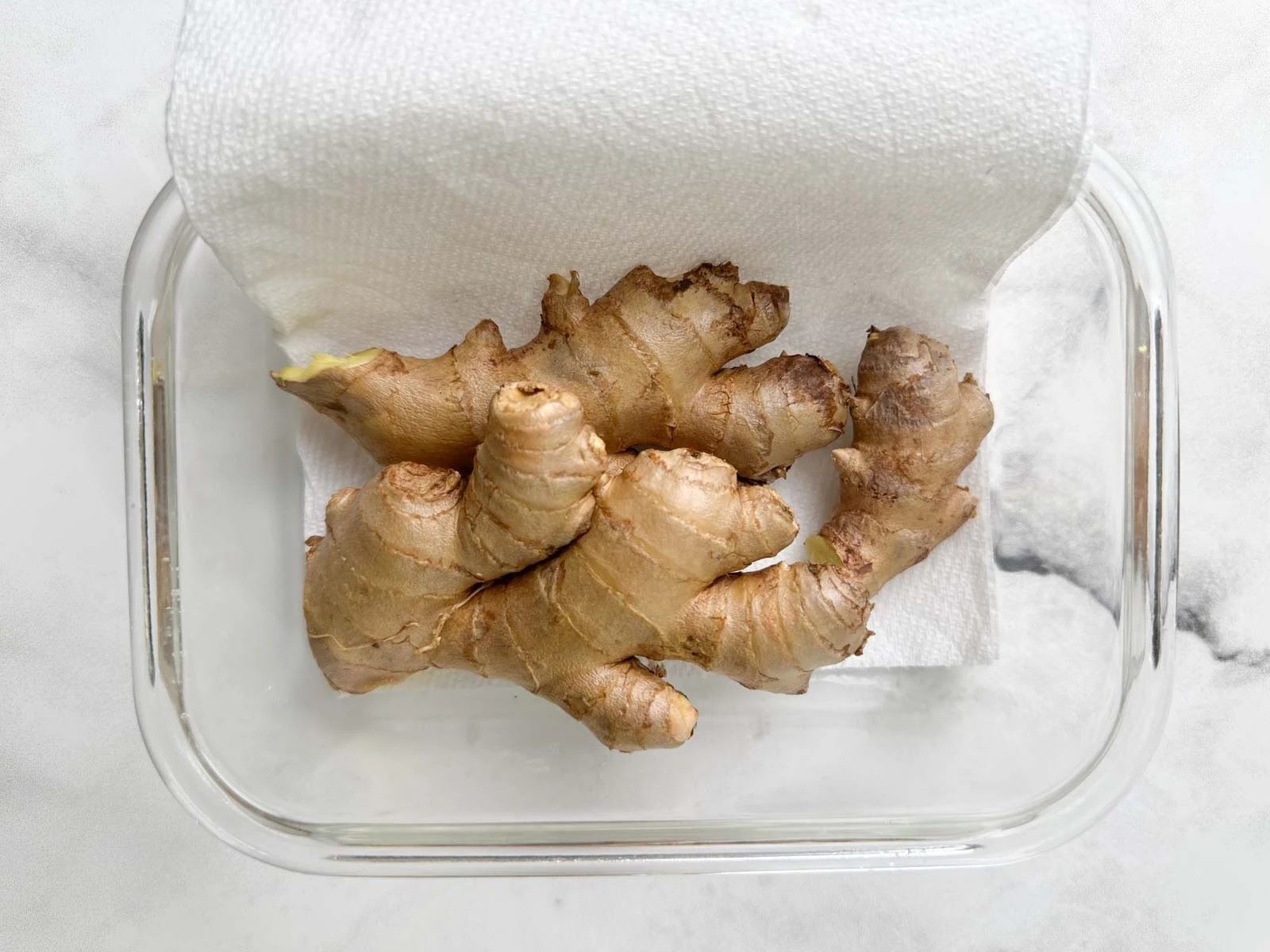
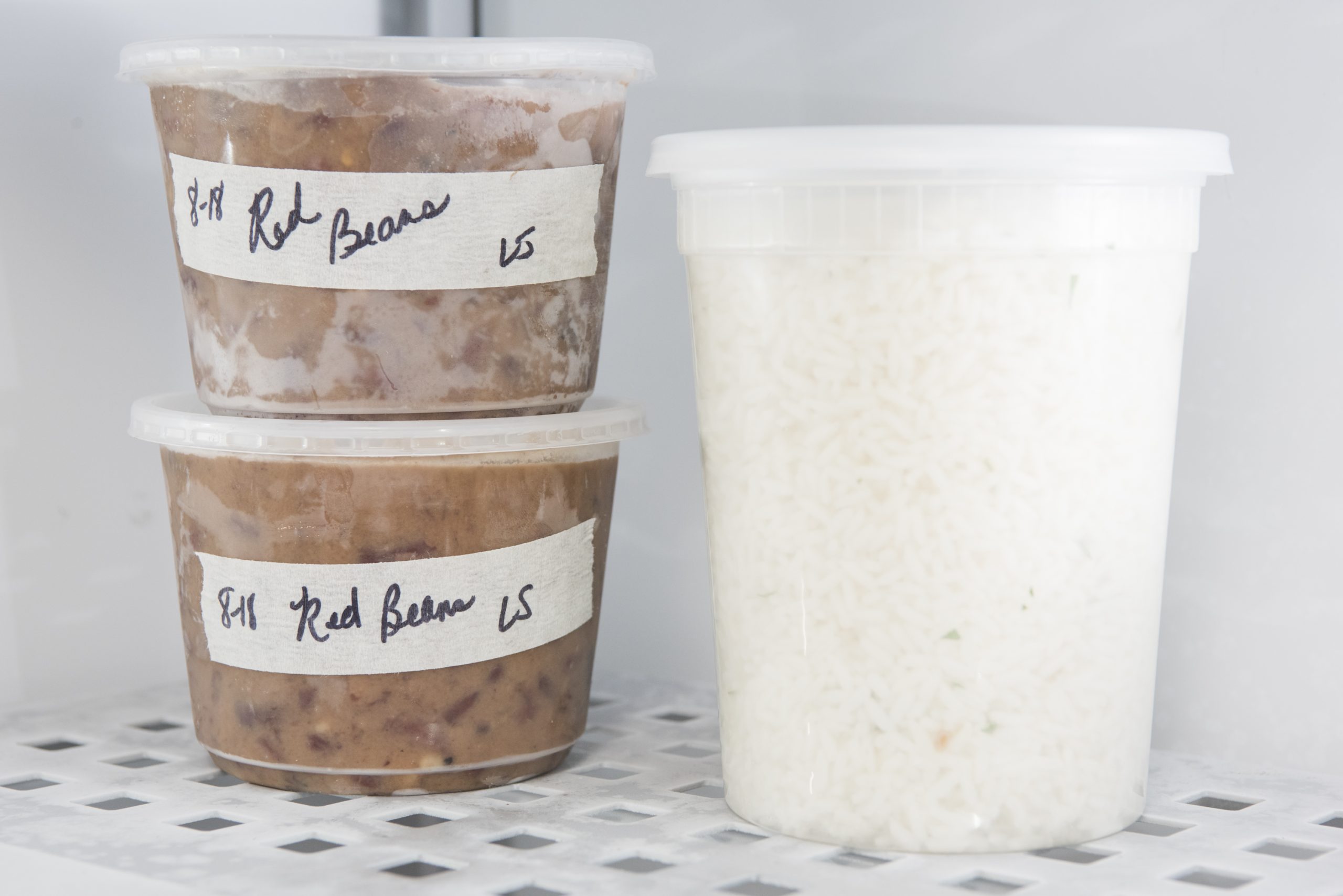
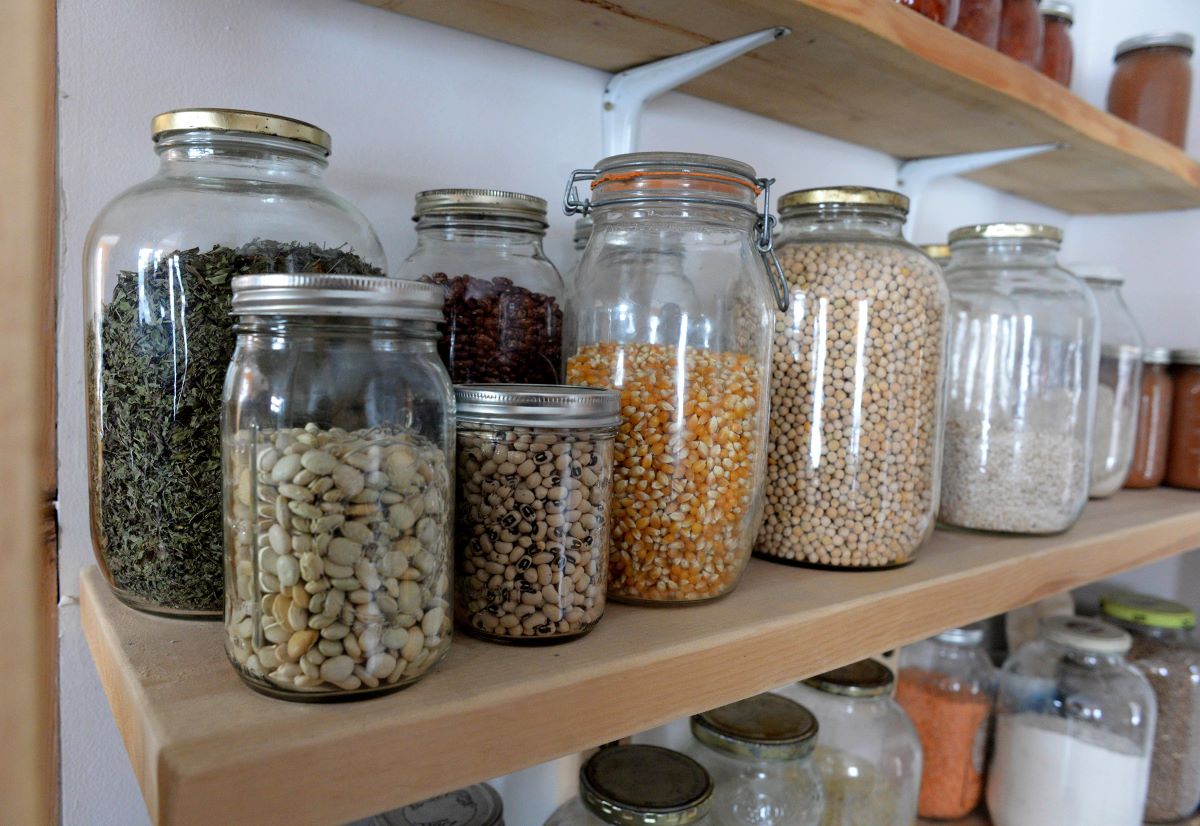


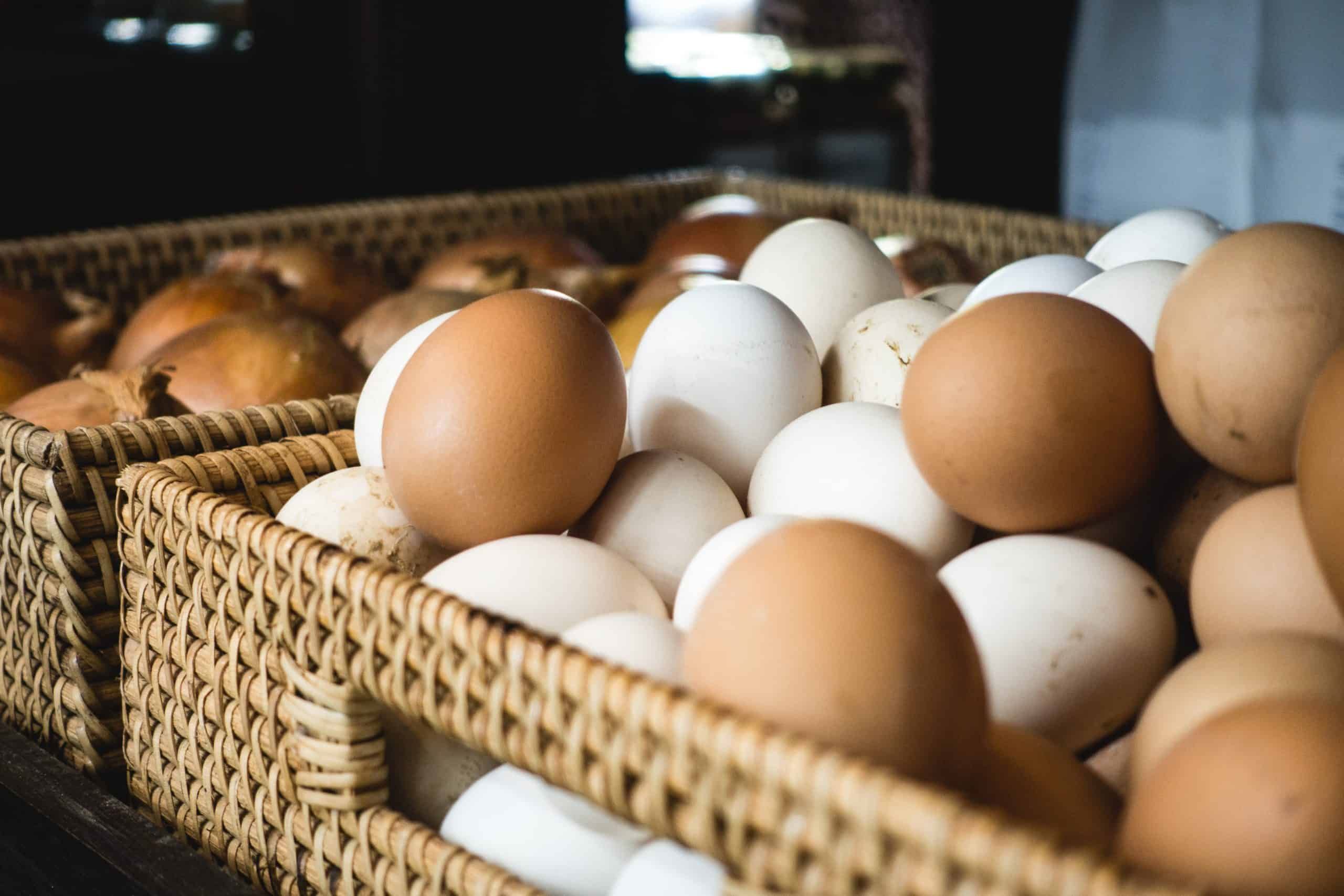
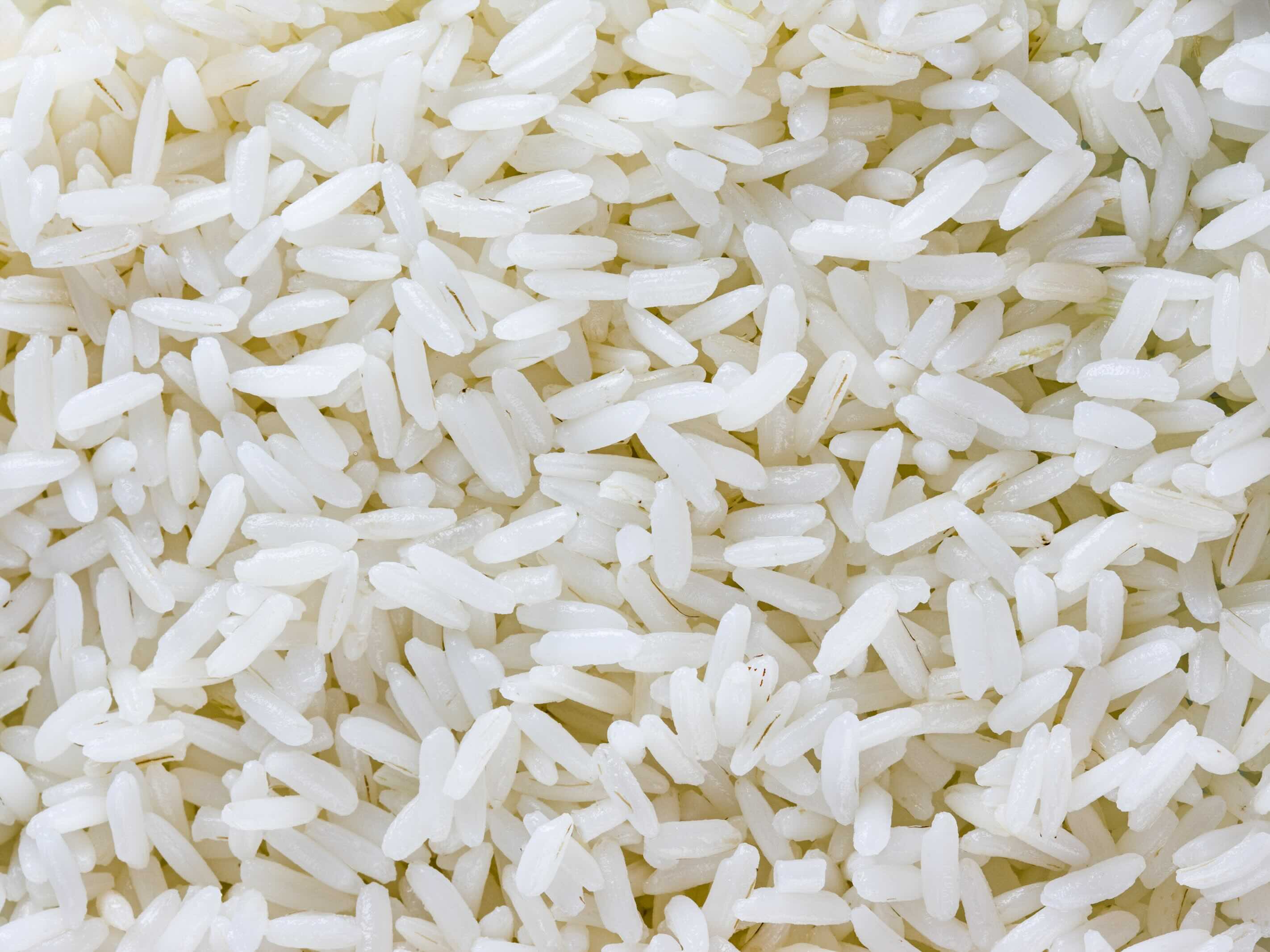

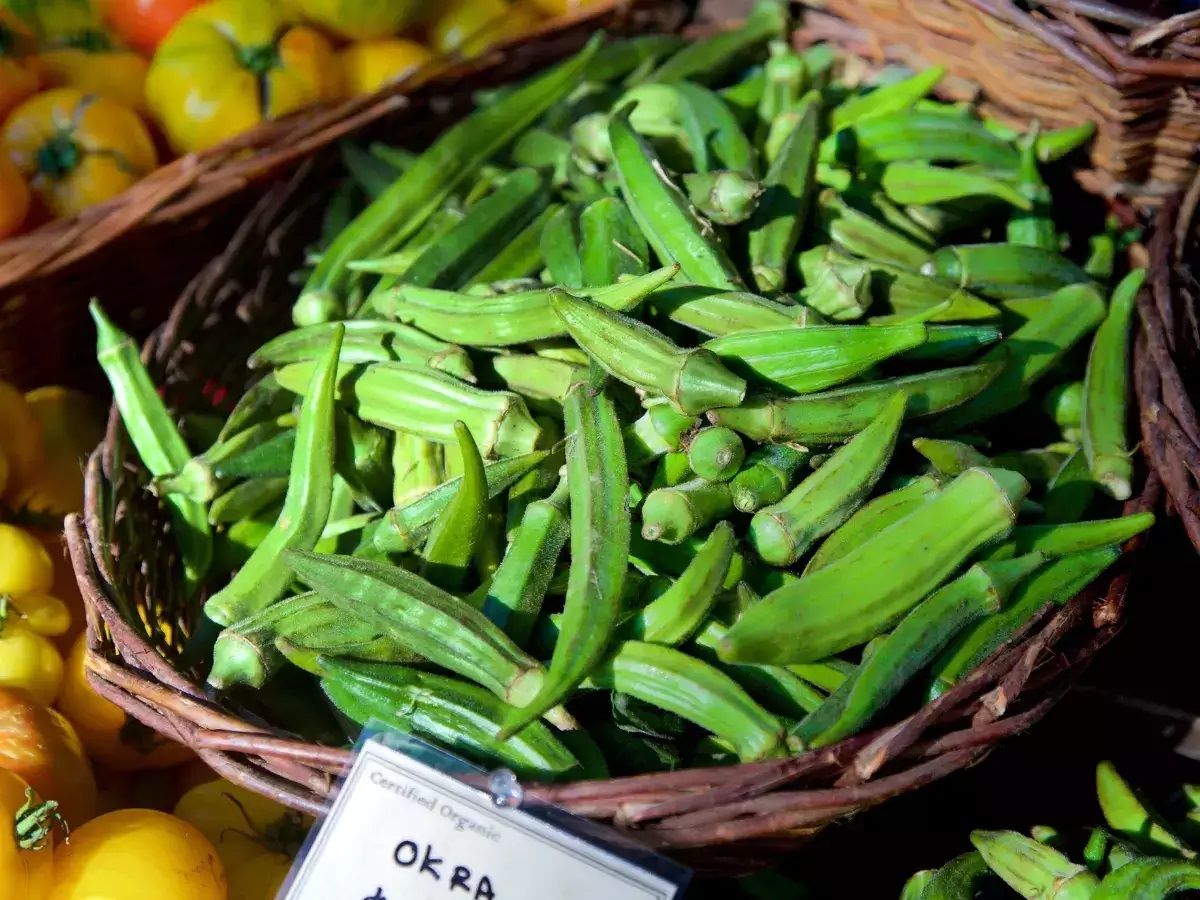
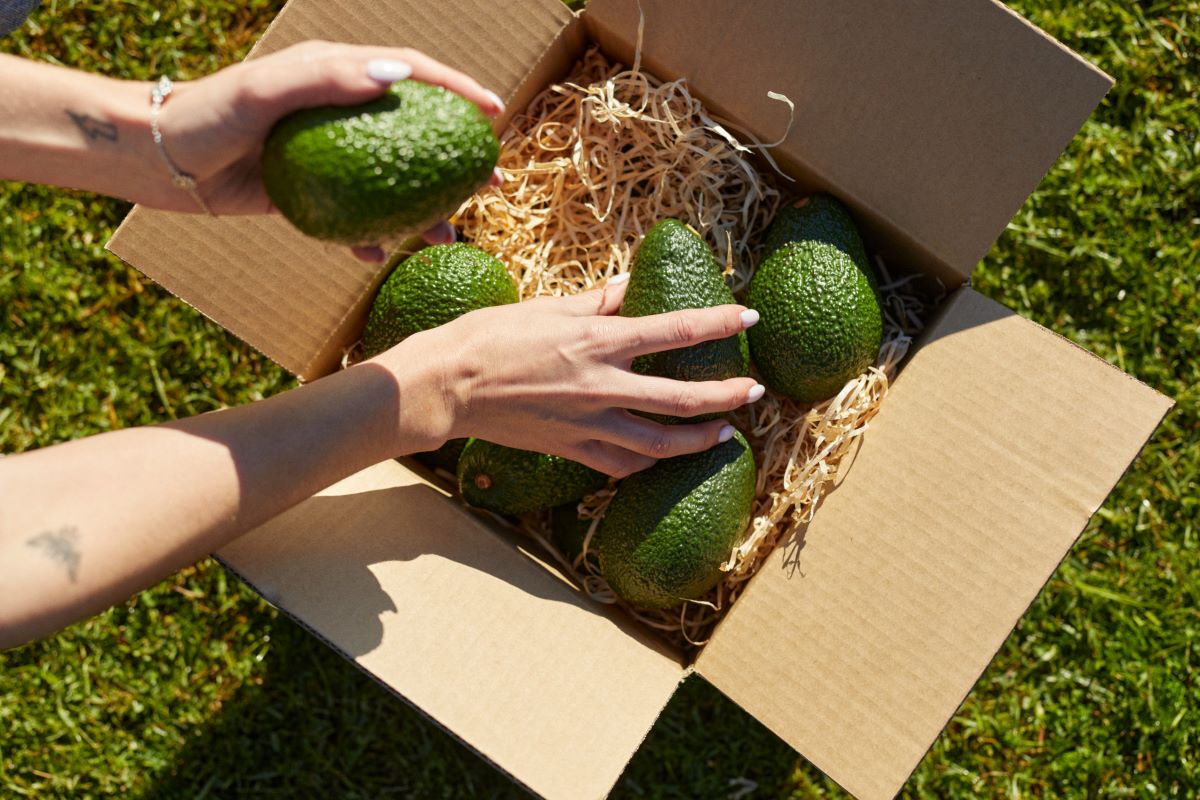
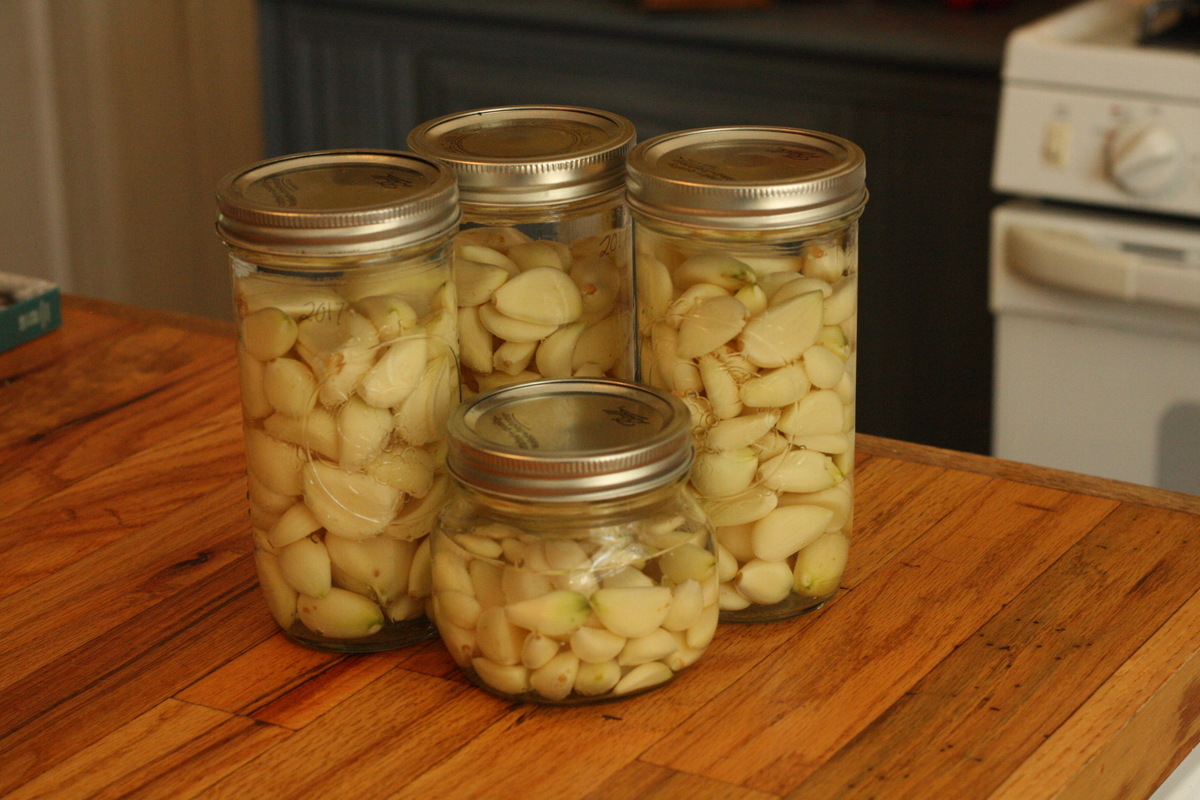


0 thoughts on “How To Store Beans In Fridge For Long Time”